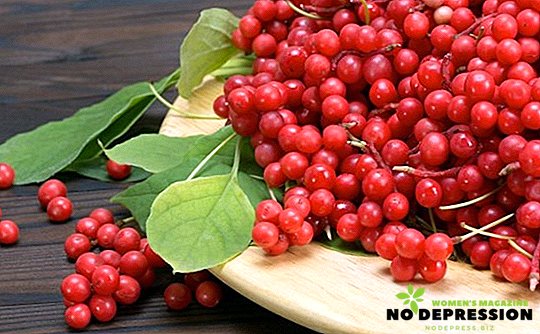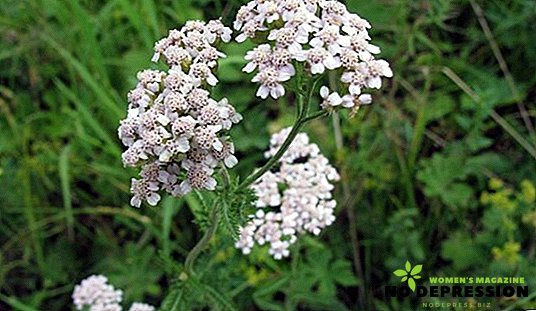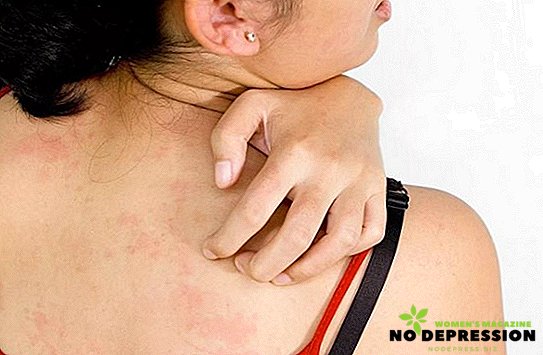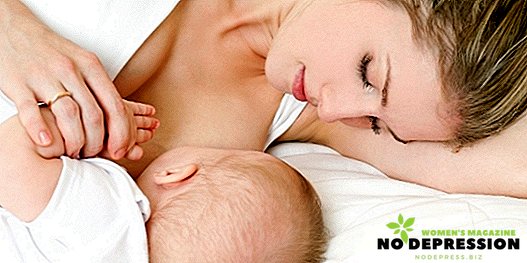Laryngotracheitis is a complication that occurs after past infections, viral diseases. It is characterized by swelling of the larynx, the appearance of a strong cough. In our material we will look at the causes of this disease, how to treat it correctly and what is the prevention.
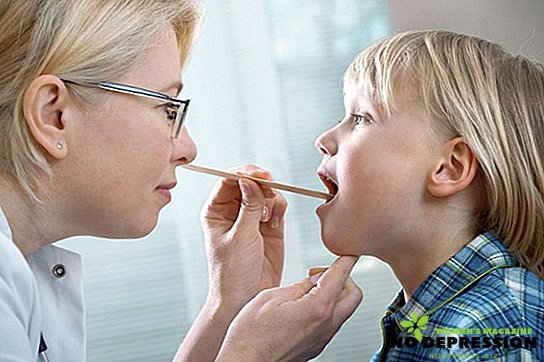
What is laryngotracheitis and what are the reasons for its occurrence in children
Laryngotracheitis in medicine is called the inflammatory process caused by an infection that spreads to the trachea and the larynx. This disease occurs as a complication after:
- rhinitis;
- sinusitis;
- tonsillitis
It is important to note that in the absence of proper treatment, this disease can lead to inflammation of the lower respiratory tract, which can lead to the appearance of bronchitis and pneumonia.
The main reason for the occurrence of this disease in children under five years of age is type B hemophilus, as a result of which the epiglottis swells and the pathogen enters the body. The inflammatory process manifests itself first in the nasopharynx, then flows into the trachea and the larynx. If you do not start treatment, the epithelium cell edema begins, the mucosa suffers.
 In addition, the appearance of laryngotracheitis in children can lead to:
In addition, the appearance of laryngotracheitis in children can lead to:
- viral infections;
- bacterial infections;
- complications after suffering sinusitis or rhinitis;
- allergy;
- inhaling too cold air;
- poor environmental conditions.
In children under six years of age, this disease may cause a narrowing of the lumen of the larynx. Another name is false croup. And in the case of chronic hypertrophic laryngitis, there is a high risk of serious suppurative inflammation or cancer. That is why it is so important to learn how to identify symptoms and to see a doctor at the first manifestations of laryngotracheitis.
The main symptoms of the disease
There are many symptoms of laryngotracheitis. They depend on the type of disease, which we consider in more detail. But there are also general signs, which include congestion, runny nose, sore throat, sharp cough.
Acute
Most often manifests itself approximately 3 days after suffering ARVI. Can be identified by signs such as high fever, noisy breathing, coughing, general anxiety. In addition, the acute form of the disease may be accompanied by a change in voice and stenotic breathing.
Stenosing
The vocal cords are the narrowest point, therefore, with edema, which leads to a decrease in lumen, it becomes difficult to breathe. This is the main symptom. The treatment of a mild illness can take place at home under the supervision of a physician, but in difficult cases it is impossible to do without emergency care by doctors.
Chronic
 This disease occurs gradually if the inflammatory process in the mucous lasts for more than three weeks.
This disease occurs gradually if the inflammatory process in the mucous lasts for more than three weeks.
The main symptoms can be called regular cough with sputum, after a while - itching, a feeling of dry mouth.
If you notice these symptoms, it is best to consult a doctor that will prevent the occurrence of laryngeal cancer.
In addition, parents should be alerted by the following:
- Loss of voice
- Strong coughing when laughing.
- Fatigue of voice when talking.
Allergic
Children up to three years are often exposed to allergic laryngotracheitis, since at this age even a small inflammation can lead to such serious consequences. But with a one-time inhalation of any allergen, the problem will not arise, but with a reduced immunity and systematic exposure to external stimuli, there is a serious risk of developing the disease. Symptoms of allergic laryngotracheitis are similar to signs of a virus: difficulty swallowing, coughing, hoarseness.
Proper treatment of laryngotracheitis
According to the recommendations of Dr. Komarovsky, it is not necessary to treat this disease with antibiotics, you can restrict yourself to bed rest, drink plenty of water, and constant airing of the room.
If laryngotracheitis has hit the bronchi, which led to bronchitis, you can not do without antitussives. In the case of a neglected disease, you should sign up for physiotherapy, carry out alkaline inhalations, eliminate unfavorable factors. Immunostimulating therapy will help in the treatment when the child needs to be given antiviral and antibacterial immunomodulators.
 In addition, not to do without symptomatic therapy, which includes drugs such as:
In addition, not to do without symptomatic therapy, which includes drugs such as:
- From dry cough - Sinekod.
- For sputum removal - ACC.
- From edema and itching - Xyzal.
We provide first aid
If the child is too sick, he needs first aid before the arrival of the medical staff. First of all, calm yourself and calm the child, plant him, give a warm alkaline liquid. In the absence of temperature, you can relax your arms and legs, which will reduce laryngeal edema.
Fill a suitable container with warm water - have your child put his feet in for 10-20 minutes, after which he should wear warm wool socks. To remove the swelling, you can rub the feet with turpentine or put mustard powder in socks.
Home treatment
Not bad helps to cope with laryngotracheitis inhalation, and for recovery it is enough to spend literally three procedures. You can do them using a nebulizer, kettle or ordinary pan, where the solution is poured. But you can not carry out inhalation:
- If the body temperature is above +38 degrees.
- In the presence of cardiovascular diseases.
- When treating a child under 1 year.
- In case of exacerbation of bronchial asthma.
Antibiotics for treatment
In the case when laryngotracheitis is caused by a bacterium, a course of antibiotics is often prescribed. However, first, to eliminate the occurrence of allergy, you need to take a smear analysis from the throat, this will allow you to choose the right drug. The remedy itself is selected depending on the pathogen and the stage of the disease. The most commonly used antibiotic groups are:

- Penicillin. Known "representatives" include Amoxiclav and Flemoxin.
- Cephalosporin. For example, Supraks.
- Topical products - Bioparox.
Traditional medicine, diet and prevention
In order to cope with laryngotracheitis, not only medications are necessary - traditional medicine and diet will help you to cope with the disease faster.
Folk remedies
To get rid of a respiratory tract infection, you can use carrot juice: rub one root vegetable, squeeze the juice, add a tablespoon of honey to a tablespoon of juice. The resulting solution should be drunk 1 teaspoon five times a day.
To soothe a cough, help onion decoction:
- Chop the onion finely.
- Add there 3 teaspoons of sugar.
- Pour in 200 ml of water.
- Put the mixture on a small fire and hold for about 10 minutes, until it thickens.
Take 3-4 times a day for a teaspoon.
Diet
In the case of laryngotracheitis, one cannot do without a strict diet, which should exclude from the diet sour, pickled, salty foods, soda, nuts, too cold or hot food. It is best to give the child sparing dishes, such as soups with chicken broth, cereal, tea with honey.
And in order to prevent the development of this disease, you should take care of strengthening the immune system, which can be done with the help of natural juices, fresh fruits and vegetables, vitamins, do not forget to harden the body and put the baby on the weather.
Prevention
Proper and timely treatment of viruses and infectious diseases will avoid such complications. As an effective prevention, you need to exercise, strengthen the immune system.
In addition, in the presence of laryngotracheitis, its treatment must be completed, otherwise the development of the chronic form of the disease is possible.




